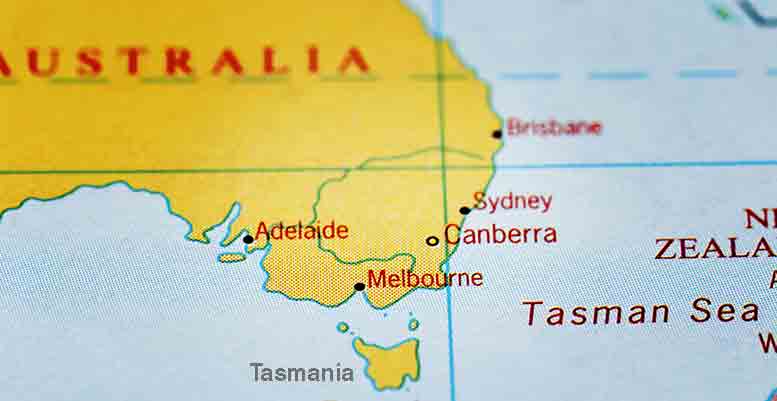The government in the Australian island state of Tasmania has indicated it will revisit its Industrial Hemp Act amid concerns by stakeholders that current rules and regulations are holding back the industry.
“The government is reviewing the Industrial Hemp Act 2015 to make sure the regulation continues to support industry needs,” Guy Barnett, Minister for Primary Industries and Water, said ahead of the Australian Industrial Hemp Conference held in Launceston last week. “We worked closely with industry to establish the Act, and we will do the same through this review,” Barnett said.
Tasmania grows roughly a third of Australia’s industrial hemp, with an estimated farm gate value of around AU$5 million (US$3.75 million/€3.4 million) recorded in 2019-20. But tight restrictions on the use of hemp flowers have limited production primarily to food seed, said Tim Schmidt, president at the Australian Hemp Council, a national trade group.
Prescription-only CBD
Flower-derived CBD is available only through the country’s prescription drug system, which also governs Australia’s legal medical marijuana program.
“If you’re going to use the leaf and use the extracts, you have to jump through so many bureaucratic hurdles and permits and license,” said Schmidt, who estimates federal regulatory reforms could increase the value of Australia’s hemp industry by five-fold to meet increasing demand for raw hemp materials needed for emerging industries.
Tasmania’s Department of Natural Resources and Environment has said current regulations that focus on differentiating hemp from medicinal and illegal cannabis crops have worked well, but stakeholders say change is needed to take advantage of maturing markets, consumer interest in sustainable products, and changing consumer attitudes toward cannabis. For starters, Tasmanian farmers say reforms are needed to help draw a clearer distinction between marijuana and hemp.
Where there’s potential
Schmidt sees potential in hemp-based health and beauty products, natural insecticides and mulch, opportunities he said can attract pent-up investment to the sector.
“There are some fantastic markets emerging globally and we just can’t address them because of the restrictions,” Schmidt said.
The Tasmanian government said it will review current regulations to explore changes that could open up new hemp subsectors, re-evaluate programs that support industry growth, and assess how the current Industrial Hemp Act meshes with other cannabis laws.
Ideal conditions
Barnett said Tasmanian conditions are ideal for growing hemp. “We have the right climate, access to irrigation and a reputation for crop security,” the minister said.
Since 2018, the state government has committed more than AU$320,000 to support the Tasmanian Hemp Association (THA) with communications, product development, education and marketing initiatives to grow the industry. THA this month received AU$100,000 from the government’s Strategic Industry Partnership Project to educate consumers about the health benefits of hemp food.
That’s on top of AU$150,000 the government committed in 2021 to partner with AgriFutures Australia in support of Tasmania’s participation in a three-year national hemp trial initiative aimed at identifying varieties best suited to Australian conditions.
Though hemp has long been cultivated in Australia, with raw materials and finished goods – primarily hemp seed — exported to countries such as Japan, the USA and Korea, hemp producers are now expanding the domestic market for grain and straw production. Australia classified hemp as food only as late as 2017 following 15 years of efforts by stakeholders.

